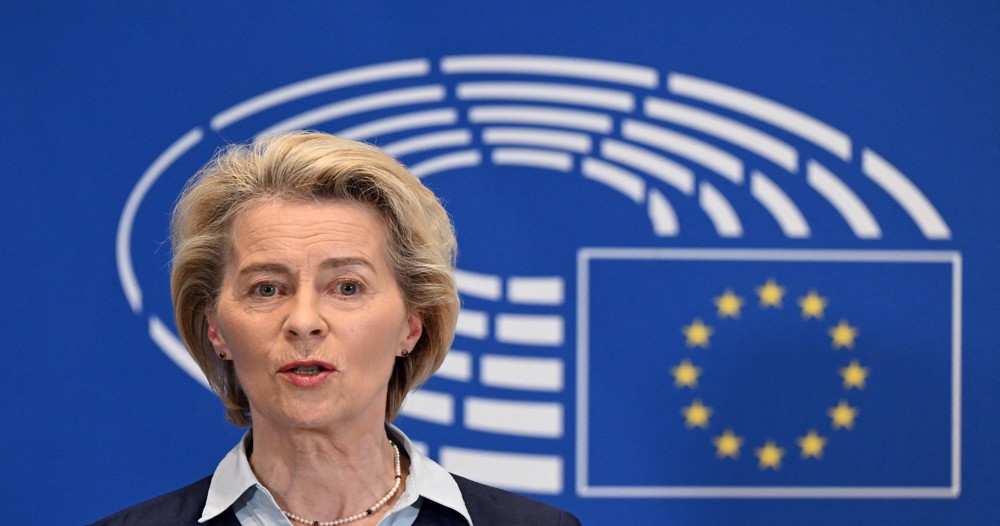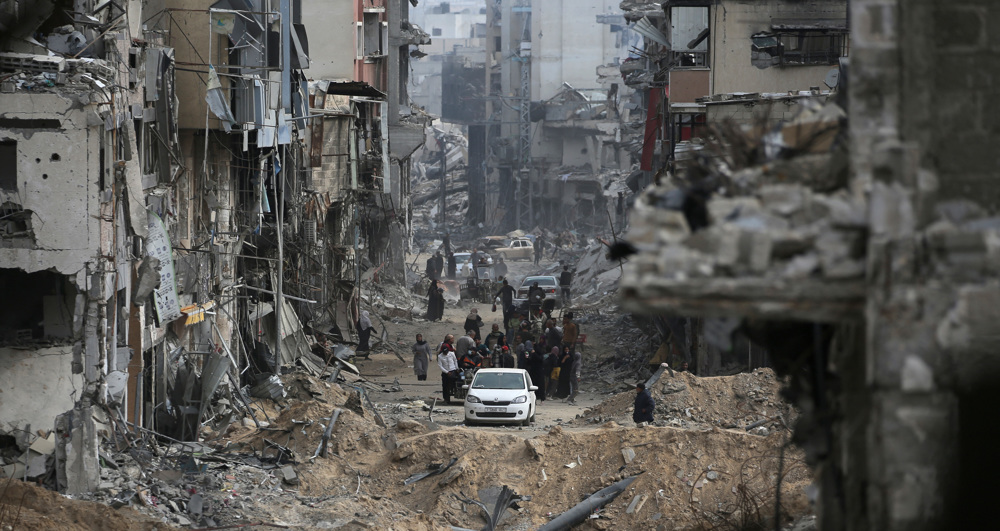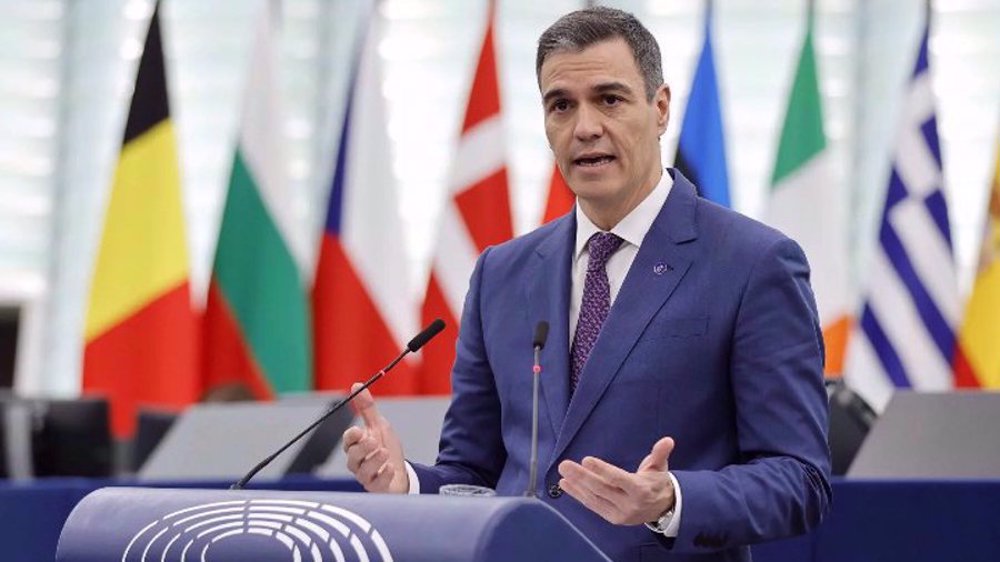European Union prolongs sanctions against Russia over Ukraine
European Union leaders have decided to extend sanctions against Russia’s energy, banking and military sectors over the crisis in Ukraine for another six months.
Diplomats said the Thursday decision and related formal process to prolong the measures until mid-2017 will take effect early next week.
“We welcome unanimous decision by the EU to extend economic and sectoral sanctions against Russia,” Ukrainian President Petro Poroshenko said in a statement.
He added, “I am sincerely grateful for unwavering unity and solidarity of the European leaders in restoring Ukraine's sovereignty and territorial integrity, including Crimea.”
The latest EU anti-Russia sanctions over Ukraine came only two days after French President Francois Hollande and German Chancellor Angela Merkel voiced their support for such measures against Moscow, claiming there had been insufficient progress in solving the armed conflict in Ukraine.
“It will be necessary to extend the sanctions against Russia again, although we would have wished for better progress in the implementation of this process," Merkel told reporters before talks with Hollande in Berlin on Tuesday.
Hollande later said at the joint press conference that the bloc "must continue to apply the terms of the Minsk agreement, and when they are not carried out, ... [the EU] must continue with sanctions.”

The economic sanctions against Moscow were originally introduced in March 2014, after Ukraine’s strategic Black Sea peninsula of Crimea joined Russia following a referendum.
Since then, the EU, the US and some other Western countries have imposed several rounds of sanctions against Russia over accusations that Moscow has been involved in the deadly crisis in Ukraine, which has killed nearly 10,000 people to date. The Kremlin, however, has strongly rejected the accusations.
Ukraine’s armed conflict broke out when Kiev launched military operations to crack down on pro-Russia forces in the eastern sector of the country.

In September 2014, the government in Kiev and the pro-Russians signed a ceasefire agreement in the Belarusian capital Minsk in a bid to halt the clashes in Ukraine’s eastern regions.
The warring sides also inked another truce deal, dubbed Minsk II, in February 2015 under the supervision of Russia, Germany and France.
Since then, however, both parties have on numerous occasions accused each other of violating the ceasefire.
VIDEO | Press TV's news headline
Explosion heard near Iran’s central city of Isfahan: Report
‘Iran retaliation against Israel ensured no aggression would go unanswered’
US vetoes Palestinian request for full UN membership
Iran sufficed to strike only part of Israel’s military positions: FM to UN chief
IRGC: Israel’s Dimnoa nuclear reactor not among Op. True Promise’s targets
VIDEO | West Asia awakens
'Stop any further Israeli adventurism,' Iran FM tells Security Council
















 This makes it easy to access the Press TV website
This makes it easy to access the Press TV website